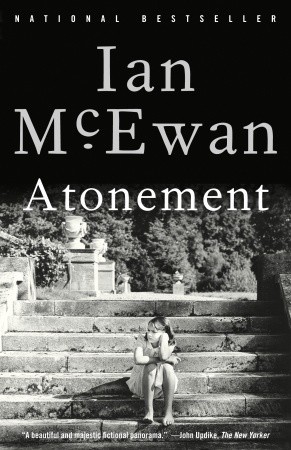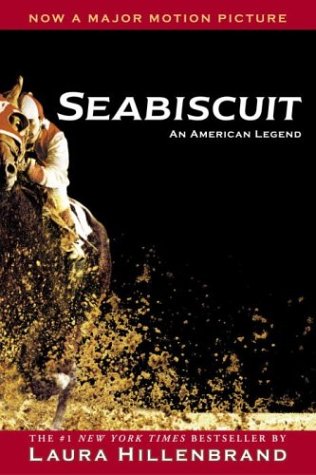 Don't be fooled by the pretty colors and frothy cover--Cocoa Beach is not a book about a vacation on a tropical beach. Rather, it's a historical novel set during World War I and during the interwar years, with a quiet menace lurking in the background and a whole posse of unreliable characters. This book could have easily been titled Liars and the Lies They Tell but it probably wouldn't have given off the same vibe.
Don't be fooled by the pretty colors and frothy cover--Cocoa Beach is not a book about a vacation on a tropical beach. Rather, it's a historical novel set during World War I and during the interwar years, with a quiet menace lurking in the background and a whole posse of unreliable characters. This book could have easily been titled Liars and the Lies They Tell but it probably wouldn't have given off the same vibe.The book is entirely from the perspective of Virginia Fortescue, a young mother whose family has a dark secret that's just come to light and who spent World War I driving ambulances in Europe, where she met her husband, British doctor Simon. The time period alternates between Virginia's time meeting and falling in love with Simon during the war and several years later, when they've been separated, Simon is dead, and Virginia has gone to Florida with their daughter to handle the estate of the man she hasn't seen in three years. But Virginia doesn't quite believe that Simon is actually dead, and a whole heap of things suggest she might be right--and even if she's not, there was definitely more going on with his death than just an accidental house fire.
I really enjoyed this book. Trying to figure out which characters were telling the truth and which ones were lying was an interesting endeavor. I guessed some of the plot points here ahead of time, but not all of them, and there was one doozy near the end that really came out of nowhere to smack me upside the head--but still made sense in the context of the book. The writing was very good--not excellent, but very good. The atmosphere that Williams creates in war-torn France, in dreary Cornwall, and of course in Cocoa Beach is wonderful. There are even some Gothic tones, particularly in the long segment at Maitland, the citrus plantation that features. She also does a good job of making you doubt pretty much everyone; in the afterword, she mentioned that for much of the book she herself hadn't been sure of whether Simon was a good guy or a bad guy, and I could really feel that come through in Virginia's search for what happened. That said, there were a few issues. The "dark family secret" turns out to be nothing such; that should have been left alone, there was no need for it to be undone like that. And then there are some weird turns of phrase here and there--the phrase "omnivorous eyes" comes instantly to mind.
Still, I really liked this. It's a good historical mystery, but one that's not about a detective or officer, just a normal woman trying to find out what has happened to her life. The settings and atmosphere suited it perfectly, and the juxtaposition between Virginia's near-bliss in war-torn Europe and her misery in the paradise of Cocoa Beach was very well done. I would definitely recommend it and would even consider reading it again!
4 stars out of 5.



